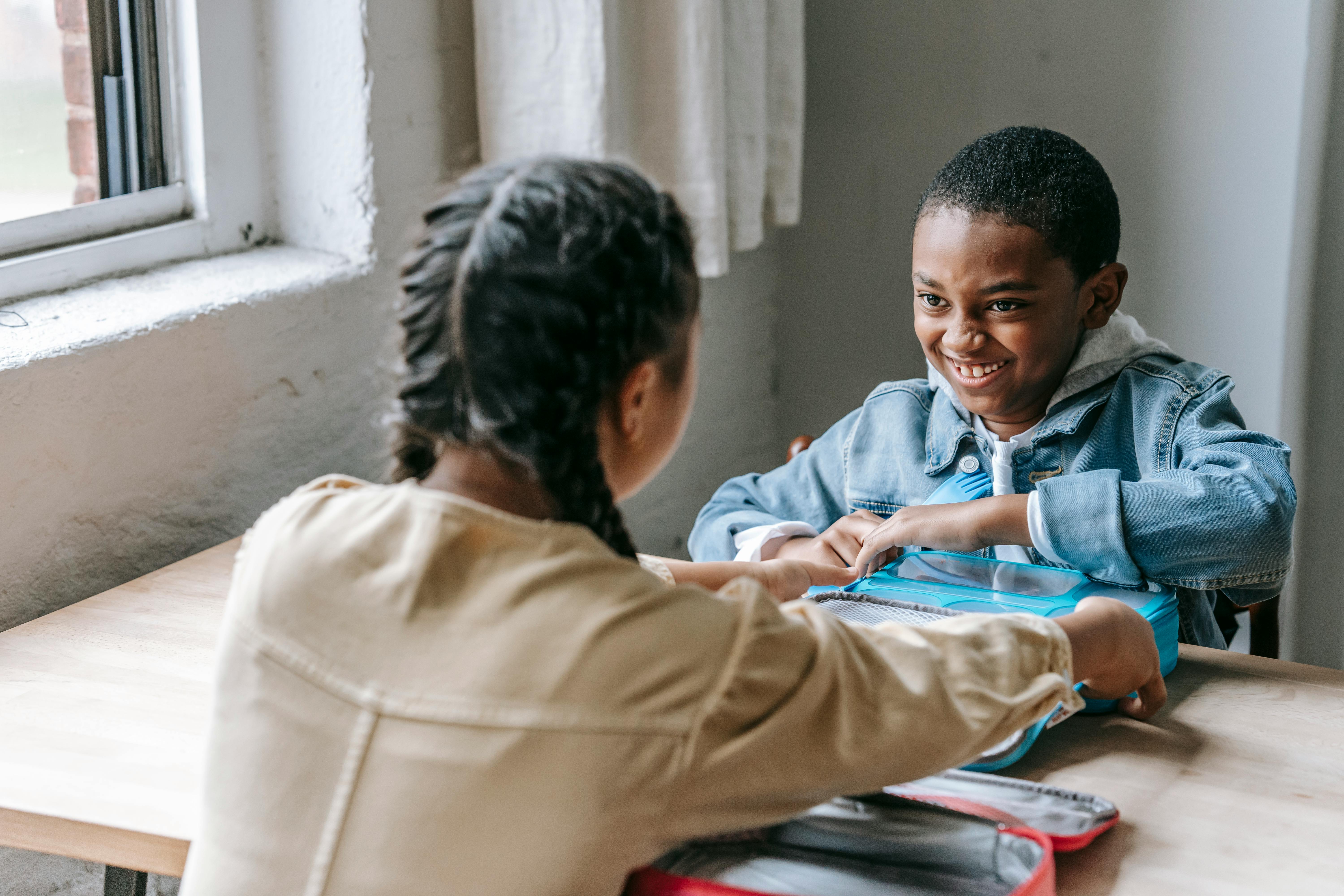
In the formative years of early childhood, from birth to five years old, children’s minds are like sponges, eagerly soaking up new information from their surroundings. In addition to learning how to make decisions and function socioemotionally, children begin to evaluate complex situations and lay the cognitive groundwork for early childhood education during their early development.
How Critical Thinking Plays a Role in Early Childhood
Critical thinking encompasses analyzing, evaluating, and synthesizing information to make informed decisions and solve problems. At Maryvale, we believe that critical thinking is an essential skill for young people, and their capacity to build resilience and handle nuance begins in their early childhood education environments. Young learners are remarkably astute and eager to take on new information – and have the capacity to question, explore, and think independently about the world around them.
Educators and caregivers alike can encourage children to ask questions and seek answers, even for seemingly small topics. The more adults can do to foster their curiosity, the more they will build a practice of looking at the world as a space of boundless discovery that gives them the desire for a deeper understanding of concepts.
Both in the classroom and at home, adults can provide creative opportunities for children to identify problems, brainstorm solutions, and evaluate outcomes. A simple gesture, such as asking a child to find an appropriately sized bowl for a family-sized serving of popcorn, empowers a child to navigate decisions and benefit from their results. Providing open-ended materials and activities encourages children to explore and experiment without predetermined outcomes. Loose parts, such as blocks, clay, and natural materials, offer endless possibilities for creative expression and problem-solving. The more parents and educators can integrate these exercises, the more they will contribute to resilient and resourceful children.
Early childhood is a critical period for laying the foundation for lifelong learning. By nurturing critical thinking skills from an early age, educators empower young learners to become active participants in their own learning journey.
Critical Thinking Serves Lifelong Learning
As we have written about in the past, children’s brains undergo rapid development during the early years, with neural connections forming at a remarkable pace. Engaging in activities that promote critical thinking stimulates neural pathways and enhances cognitive development – which will benefit children for the rest of their lives. By fostering critical thinking skills, educators and parents harness children’s innate curiosity, encouraging them to explore, experiment, and discover the world around them.
Early childhood educators have the opportunity to scaffold learning experiences that challenge children’s thinking while providing support and guidance to help them develop critical thinking skills progressively. Becoming reflective and responding to subtlety and complexity takes time and practice. By gradually increasing the complexity of tasks and offering opportunities for independent exploration, educators can promote valuable cognitive growth.
Preparing for Success in the 21st Century
In today’s rapidly changing world, the ability to think critically is more important than ever. Children and teens need critical thinking tools to protect their minds from the onslaught of information and communications they’re exposed to online and to cope with social and economic instability. Early childhood educators are responsible for preparing young learners to navigate complex challenges and adapt to an increasingly interconnected and dynamic global society.
Critical thinking can act as a bridge between classroom experiences and real-world challenges. Whether it’s figuring out how to build something, managing independent time, or resolving conflicts with peers, children learn to approach problems with confidence and resilience. Critical thinking goes hand in hand with collaboration and communication skills. By engaging in collaborative problem-solving activities and expressing their ideas effectively, children learn to work cooperatively with others and confidently communicate their thoughts and perspectives.
In an age where technology is omnipresent, developing a critical mindset is essential for navigating the digital landscape responsibly. Both educators and parents must teach children to evaluate information, discern fact from fiction, and use technology as a tool for learning to empower them to thrive in the digital age. Empowering children to think critically fosters a sense of agency and autonomy over their learning, their social reality, and their lives. By encouraging children to take ownership of their ideas and decisions, educators nurture a growth mindset and a lifelong love of learning.
In the dynamic landscape of early childhood education, critical thinking emerges as a fundamental skill that empowers young learners to navigate the complexities of the world with confidence and curiosity. By fostering critical thinking skills from an early age, educators lay the foundation for lifelong learning, success, and fulfillment. Learn more about Maryvale’s Early Childhood Education programs in Duarte, El Monte, and Rosemead, where we nurture young learners and empower young minds.






